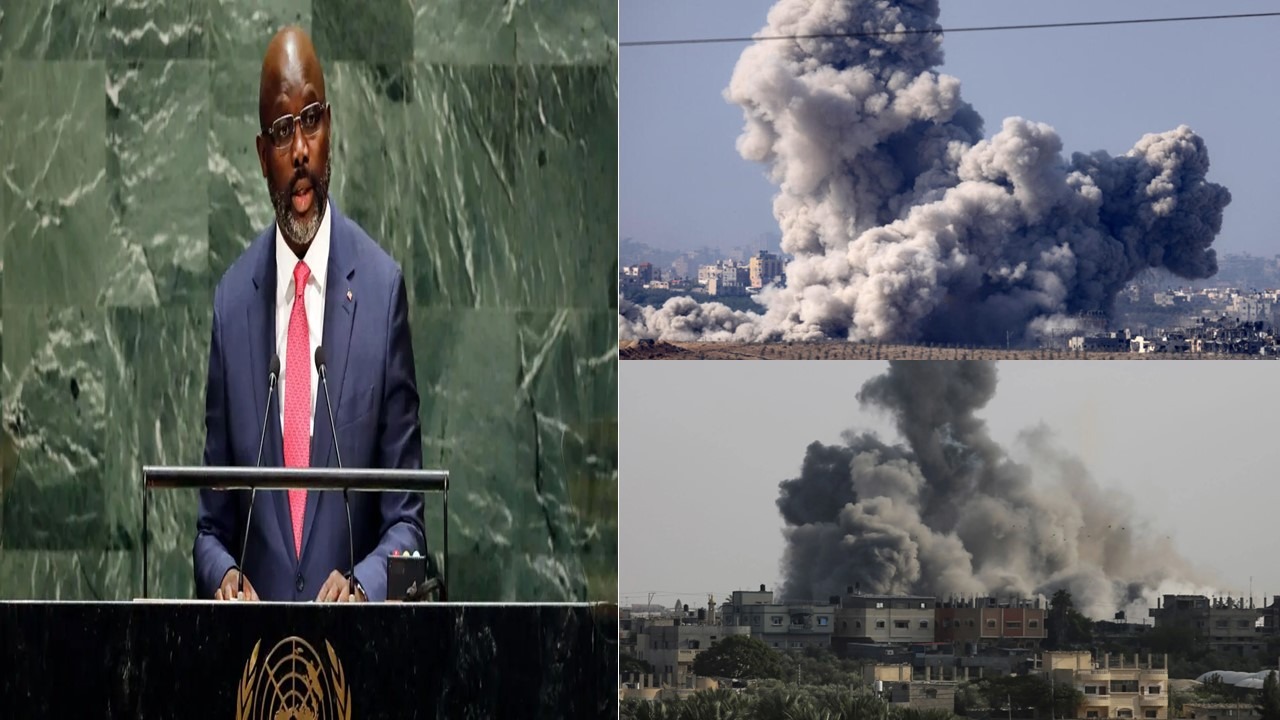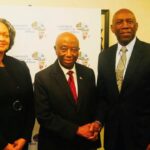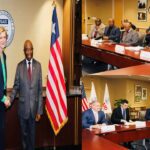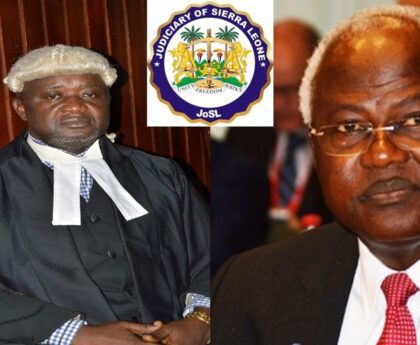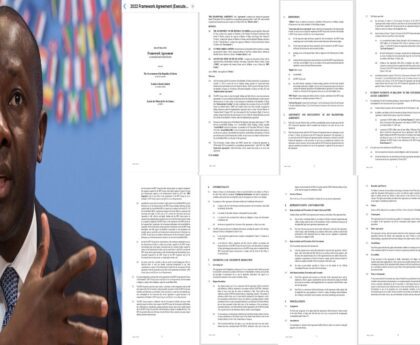Liberian President George Weah has recently distanced himself from the country’s controversial vote on December 12 at the United Nations, where Liberia stood alongside Israel and eight other nations against a resolution calling for an immediate ceasefire in Gaza. Liberia was the only African country to vote against the resolution, leading to concerns and questions about the decision. In a surprising turn of events, President Weah has publicly denounced the vote, attributing it to a “wicked Liberian” working at the Liberian Embassy in Washington who allegedly voted contrary to the government’s stance.
The President’s Explanation:
Addressing members of the Forky Klon Jlaleh Family Fellowship Church on Sunday, President Weah clarified that he had personally written to the Israeli Government before the voting process, expressing Liberia’s reluctance to support war in Gaza despite considering Israel as an ally. He emphasized the need for a ceasefire for the sake of humanity. President Weah distanced himself from the decision, indicating that the vote against the ceasefire was not in line with his instructions.
Denouncement of the Embassy Official:
President Weah did not disclose the identity of the official responsible for the controversial vote but declared that the individual would “face the wrath of God.” He expressed strong condemnation for the actions of the “wicked Liberian” and assured the public that he had instructed the Minister of Foreign Affairs, Dee-Maxwell Kemayah, to rectify the vote.
Correcting the Vote:
President Weah acknowledged the erroneous vote and assured the public that Liberia would rectify its position by aligning with other nations calling for diplomacy instead of war. He urged the citizens not to perceive this corrective measure as a sign of opposition to the United States, emphasizing Liberia’s historical alliance with America.
Commitment to Peace:
Drawing on his past role as a Peace Ambassador with the United Nations during Liberia’s tumultuous times, President Weah asserted his commitment to peace and expressed disbelief that he would support war in another country. He highlighted Liberia’s history of conflict resolution and emphasized the need for diplomatic solutions.
Internal Party Dynamics:
In addition to addressing the UN vote, President Weah turned his attention to internal dynamics within his party, the Coalition for Democratic Change (CDC). He urged party members to reflect on the just-ended election and acknowledge that disunity played a significant role in their defeat. President Weah hinted at internal sabotage and suggested that certain individuals within the party might be working against him, attempting to tarnish his popularity and prevent him from contesting in the 2029 elections.
Call for Unity:
President Weah called for unity within the CDC, reminding party members of his past willingness to step aside for the greater good. He urged those with aspirations for leadership roles to approach him openly, emphasizing that unnecessary infighting would only weaken the party’s prospects in the future.
Conclusion:
President George Weah’s public disavowal of Liberia’s controversial UN vote underscores the complexities of international relations and the importance of clarifying the country’s stance on global issues. Simultaneously, his call for party unity within the CDC signals an awareness of internal challenges and the need for cohesive leadership to secure the party’s future success. As Liberia navigates both international and domestic issues, President Weah’s commitment to peace and diplomatic solutions remains a central theme.
